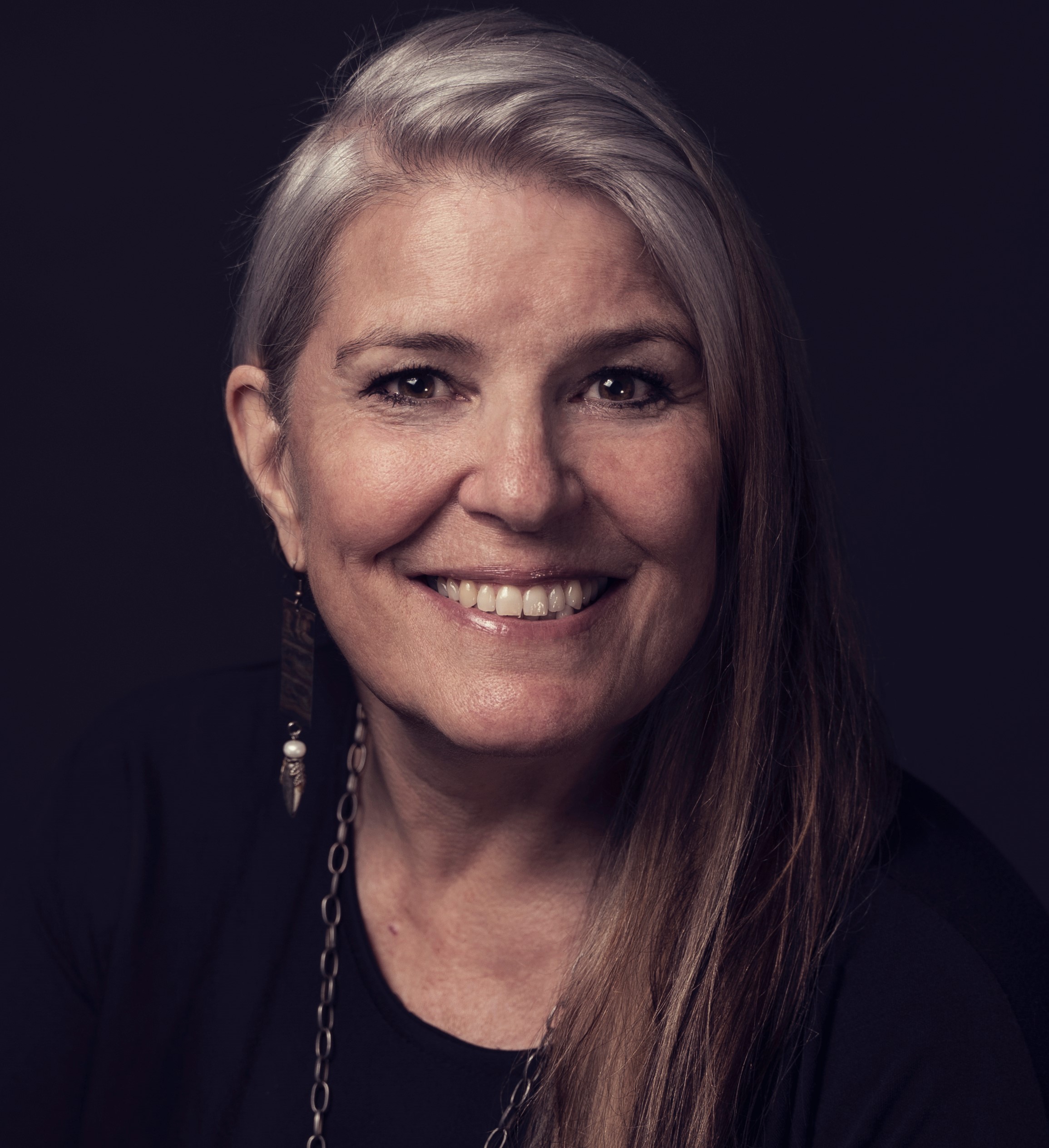Advertisement
Beauty From the Inside Out
During recent unprecedented times, I became conscious of the need to continually detox my inner world and of the necessity to create a safe inner home from which to help nurture myself—and others. This involved managing stress and negative thinking and relearning the joy of meeting challenges while mentoring others authentically. Advertisement728×90 LeaderboardWhy cultivate a … Continued
Fact-Checked
This article has been written and fact-checked by experts in the field.

During recent unprecedented times, I became conscious of the need to continually detox my inner world and of the necessity to create a safe inner home from which to help nurture myself—and others. This involved managing stress and negative thinking and relearning the joy of meeting challenges while mentoring others authentically.
Advertisement
Why cultivate a practice of continual inner detoxing?
Ridding ourselves of negative forces or circumstances to ensure our overall health is, ultimately, an expression of unconditional love for ourselves. Think of it as quieting the critic, allowing the effusive child within to remember joy, of exploring the four quadrants of life: mind, body, spirit, and heart.
Our ability to cultivate all the quadrants to maintain inner balance for life equals our spiritual power (our unique energy imprint). We can build resiliency so that when the unexpected occurs, we are robust: we release stress and troubling emotions and nurture a healthy state of mind, body, spirit, heart.
Advertisement
Think of it as insurance for maintaining balance
We can choose to live consciously and take responsibility for our inner lives. This process of continual inner cleansing is a type of insurance against a loss of balance. Within each of us, each quadrant is intimately connected. Keeping our bodies active helps our minds. Nurturing our spirits balances our emotions. We can be strong in some quadrants, and sometimes not so strong in others.
Advertisement
How do we own our inner lives and learn to detox them continually?
Advertisement
Live consciously
We can start by living consciously, by not allowing stress and circumstance to set the tone for our happiness or lack of it. We can accept that we are not our minds, but rather that our minds are part of the organic system that is us. And we can accept that we can control our thoughts—that our thoughts do not control us.
Advertisement
Be aware of your thoughts
It’s critical to be aware of our thoughts, to act as gatekeeper of our thoughts. Are you aware of your ability to direct your thoughts away from hyperarousal? Stress? Thought spiralling? Worry? Although I was a hyperworrier, I was taught, in Indigenous ceremony, that love and fear (or any negative emotion) cannot be within our heart simultaneously.
Advertisement
Think of who you love
When you’re experiencing negative feelings, bring those you love into your mind. When I slip, I think for at least one minute of who I love, those whose presence was healing. I feel them. I begin to smile, and soon I have ceased catastrophizing.
Advertisement
Use your body
If your mind feels out of control, use your body. Train yourself to breathe deeply as often as possible, to meditate, to be in nature. Focus only on what is around you, what you can smell, hear, feel, and see. Break stressful projects or situations down into tangible, doable tasks, positive actions that can relieve that wild mind.
Tempering triggers
Even extreme triggering can be tamed by practising mind/body arts such as kung fu, tai chi, or climbing—whatever has your mind and body working as a team.
Advertisement
Step away for self-reflection
If we have a negative emotion because of others—for example, toward our partner—whose emotion is it? Step away. Take time for self-reflection. Ask “What’s going on with me that I’m angry?” Own your emotions. Like pain in the body, emotions are information. Sit with them, let them tell their story, then release them.
Advertisement
Be honest with yourself
Be honest with yourself about addictions (with food, your phone, and spending, for example). What can you reach for instead that does not cause self-abandonment and avoids discomfort, pain, and processing? What beauty is on the other side for you?
Advertisement
The key?
Each morning, focus on what is right in your life—not what is wrong. Manage the level of your own vibration. Have faith or belief in something, anything. Bring light to others. Create. Do what you love, what makes you feel wonderful, what nurtures the entirety of you. And do it often.
Strength training for inner detox
To “strength train” your inner life, check in with yourself, before your balance is way off.
- Continually map the state of your mind, body, spirit, and heart to determine what needs nurturing most.
- Love that weak part to boost your resilience.
- Strengthen and maintain areas that need your loving attention.
- Know what feeds your own mind, body, spirit, and heart. (Is it cleaner food, better sleep, fresh air?)
- Know when to give your mind a break.
- Recognize when to give your spirit ceremony.
- Find your community or perform a service to others.





